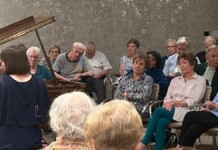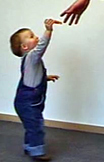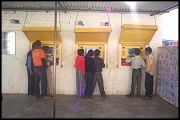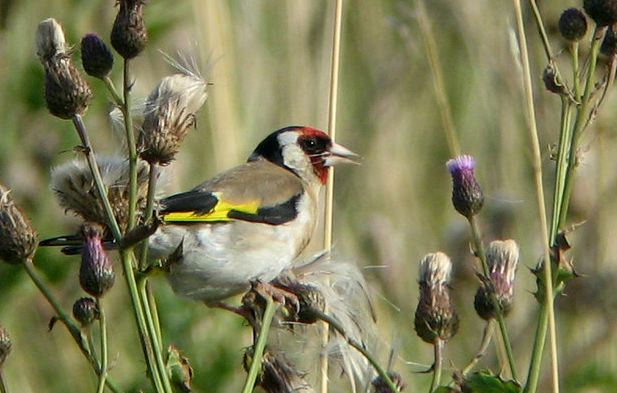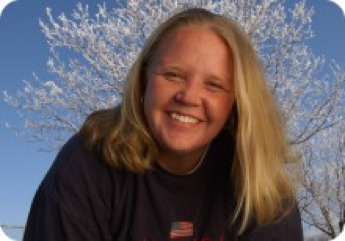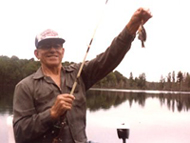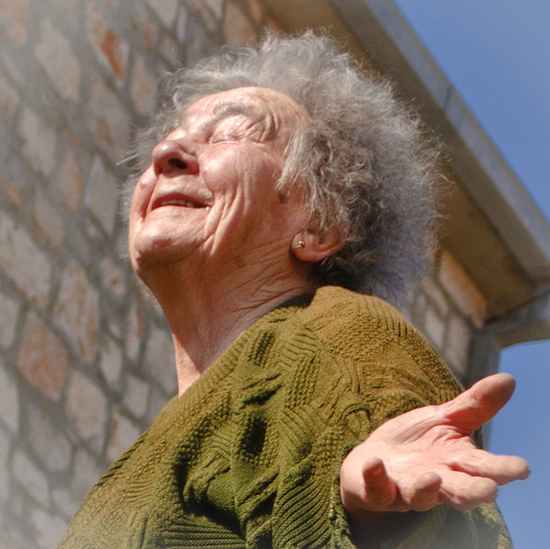The Smithsonian published a feature article in 2005 called Back From the Brink that asserted: “Not every endangered species is doomed. Thanks to tough laws, dedicated researchers, and plenty of money and effort, success stories abound.”
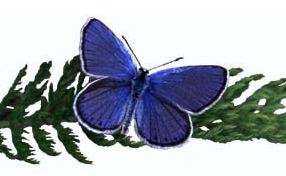 The Hawaiian green sea turtle is one such success featured in the magazine, along with the bald eagle, palila songbird, and southern sea otter, the whooping crane, red-cockaded woodpecker, and California chinook salmon, the Chiricahua leopard frog, grizzly bear and the karner blue butterfly.
The Hawaiian green sea turtle is one such success featured in the magazine, along with the bald eagle, palila songbird, and southern sea otter, the whooping crane, red-cockaded woodpecker, and California chinook salmon, the Chiricahua leopard frog, grizzly bear and the karner blue butterfly.
“The vexing question of what to do with endangered species on private land is answered by the inspiring cooperative agreements forged on these animals’ behalf.”
For instance, the article points to Wisconsin:
“38 different partners participate to conserve habitat for the karner blue butterfly. The Wisconsin Gas Company agreed to mow grass along its power lines later in the summer than usual, the state highway department … also mows late, and they leave the grass long at the end of the season to help butterfly eggs survive the winter. Forestry companies delay spraying pesticides on their lands until the fall, after lupine have died.”
Amy Grant, of Germantown, Wisconsin, wrote to the Good News Network describing how she cooperated in this coalition for conservation:
Back in 1996 I worked for an organization in Stevens Point, Wisconsin, called the Wisconsin Woodland Owners Association. It is composed of private landowners in the state with 100 or more acres and at the time served 1000 members. The plight of the Karner Blue butterfly was brought to the attention of association members, whose land was prime habitat for the karner blue. They were asked to plant large fields of lupine, the wildflower on which the karner blue lays eggs in spring and summer. The plant provides food and shelter once the eggs hatch.
Now, almost ten years later, I was so touched by an article in Smithsonian magazine, about this endangered butterful, and how, through the help of state and local agencies like WWOA, this incredibly beautiful butterfly is making a comeback in Wisconsin.
(photo courtesy of Ohio Department of Natural Resources Division of Wildlife)
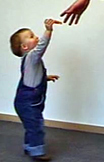 What is human nature? Are we basically good, evil, or a little of both? Philosophers have debated this throughout the ages, but today science delivers some definitive news. Humans are naturally altruistic.
What is human nature? Are we basically good, evil, or a little of both? Philosophers have debated this throughout the ages, but today science delivers some definitive news. Humans are naturally altruistic.

